
New Jersey Considers Ranked Choice Voting: Pros, Cons and the Political Challenge
Assemblyman Joe Danielsen has introduced legislation aimed at establishing Ranked Choice Voting (RCV) for primary and general elections in New...
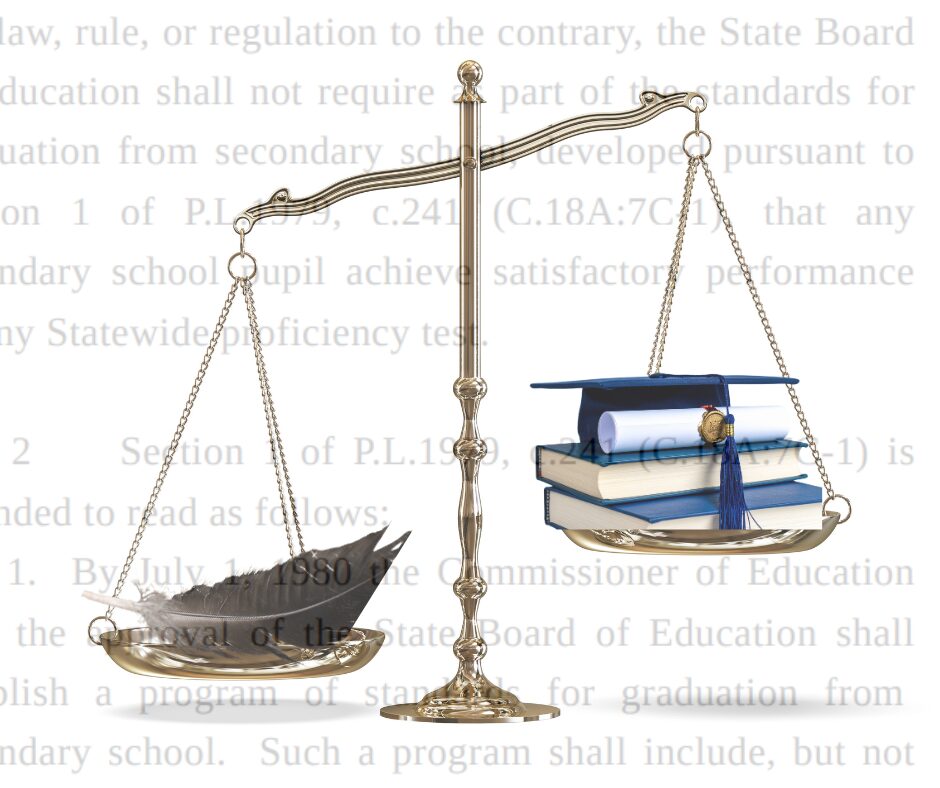
A4121 Passes Assembly as Lawmakers Move to Eliminate the NJGPA
Adding to a pile of lame-duck high impact bills, A4121- which would eliminate the NJGPA (high school graduation proficiency test)...

REAL Could Redraw NJ’s Flood Map and Its Development Future
REAL (Resilient Environments and Landscapes) is the Department of Environmental Protection’s (DEP) effort to update the state’s flood, coastal, wetlands...
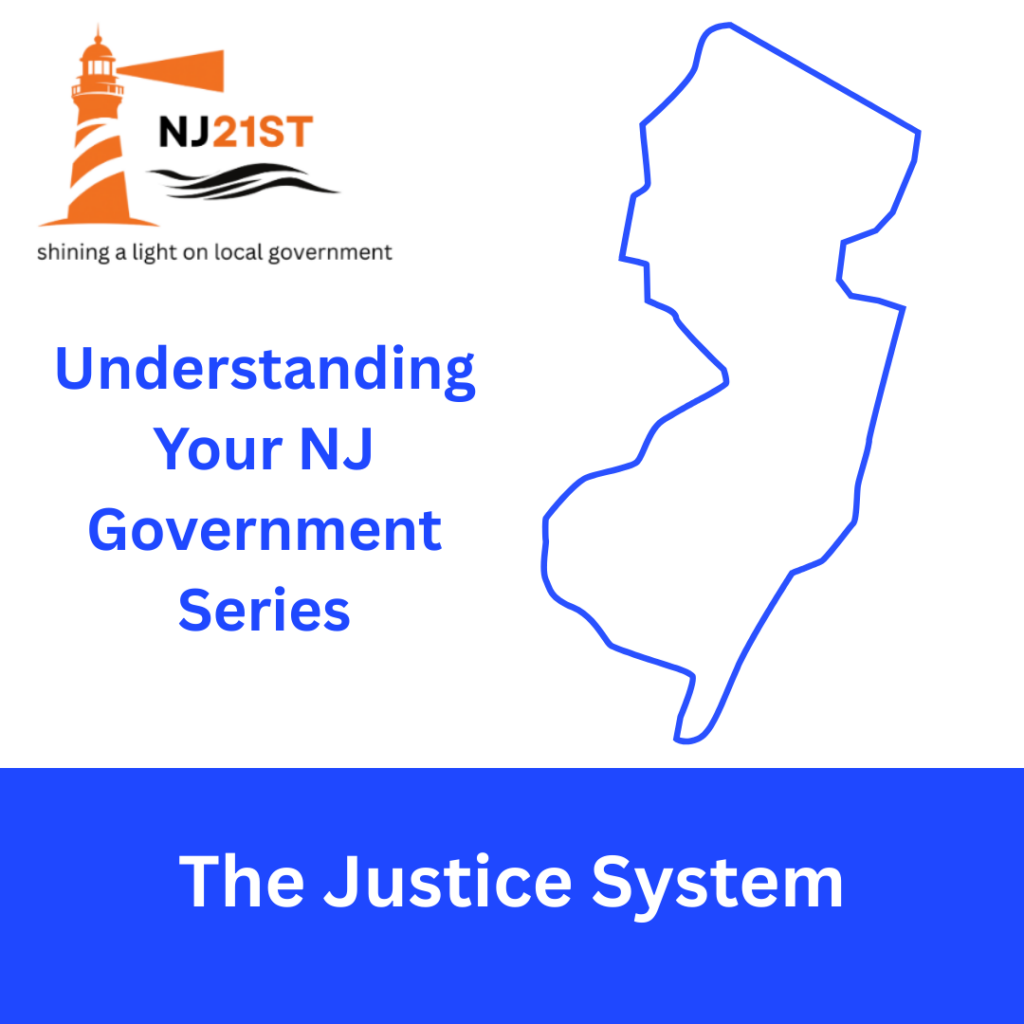
The Justice System
The ninth article in an ongoing series intended to help NJ residents, especially students, understand their local and state government....
Video: What NJ Loses if S4294 Passes
Sign Our Form to State Legislators in Opposing S4294
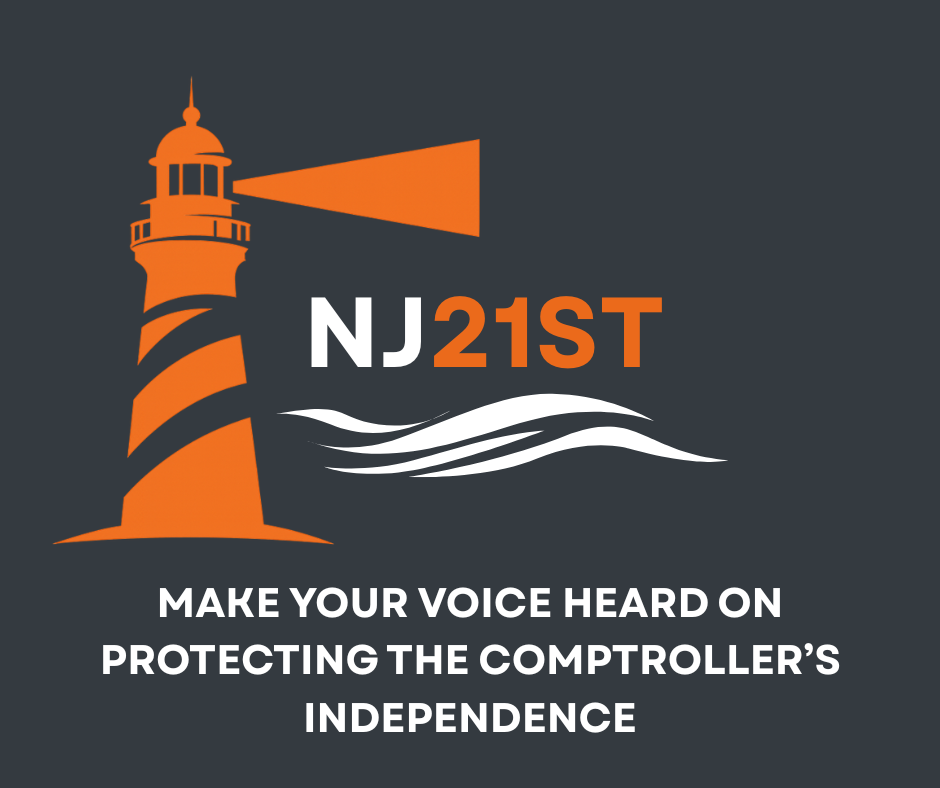
How to Make Your Voice Heard on Protecting the NJ Comptroller’s Independence
S4924 is scheduled for a hearing on Monday, December 1 before the Senate State Government, Wagering, Tourism and Historic Preservation...
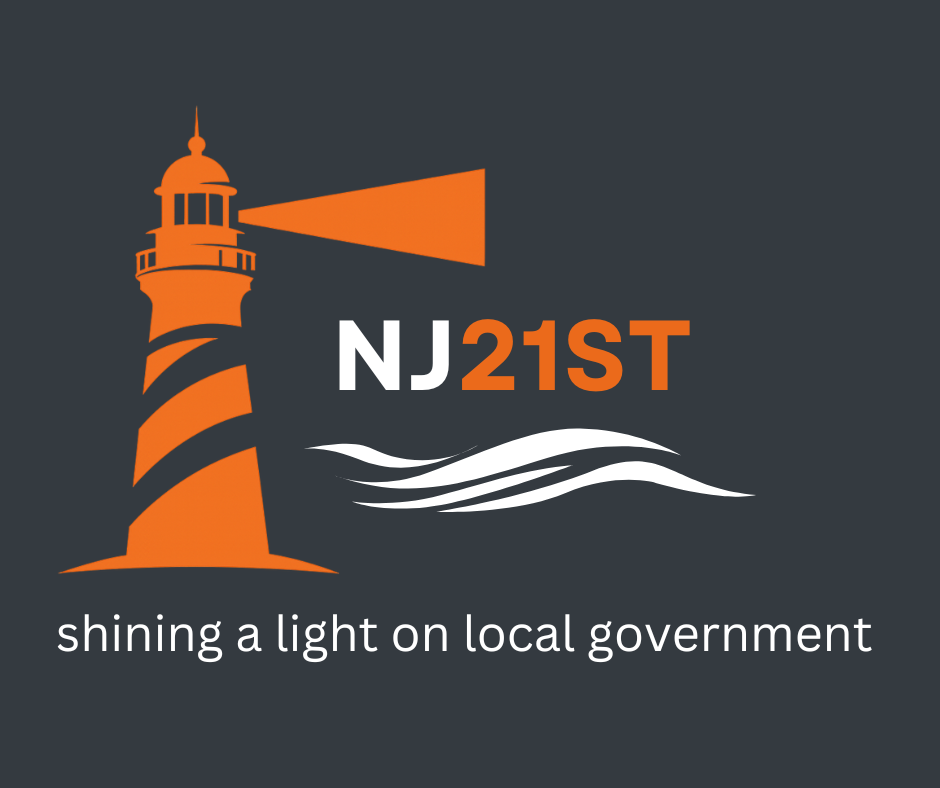
Open Letter to NJ State Senator Nicholas Scutari Requesting the Immediate Withdrawal of S-4924
The following email was sent to State Senator Nicholas Scutari, along with other government representatives and press outlets, by NJ21st....

NJ Education Report Contribution on School Safety Data
This article from NJ21st’s John Migueis published in the NJ Education Report, reviews New Jersey’s official student safety data and...
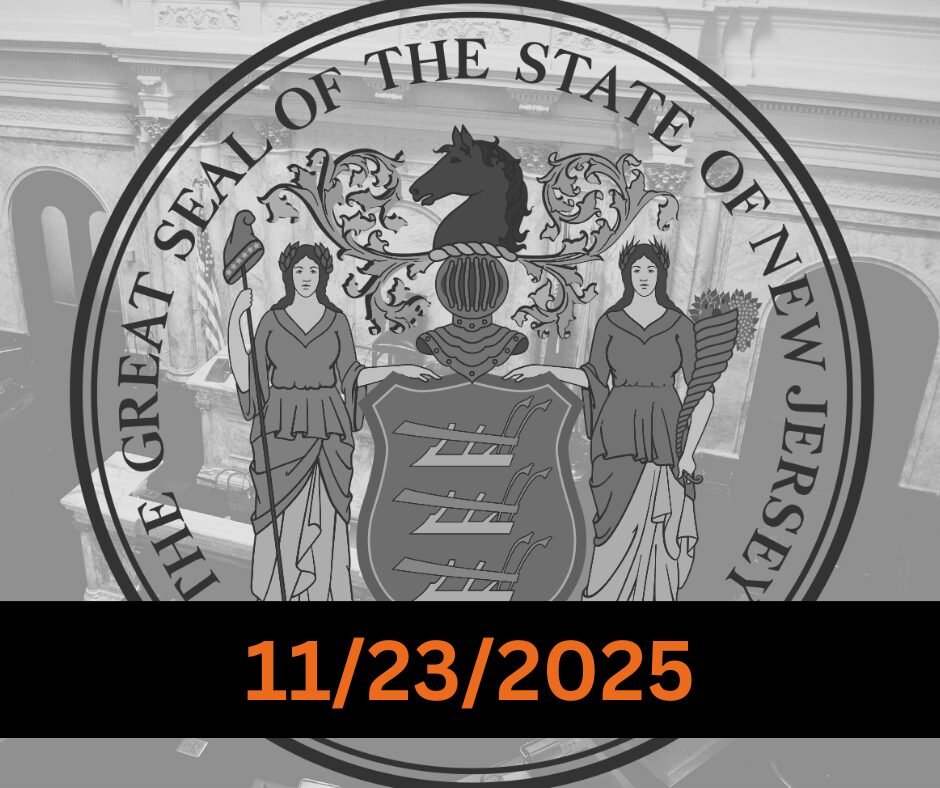
This Week’s NJ Legislative Preview: Mental-Health Access, Public-Works Transparency, Farmland Use, and Worker Safety
A rundown of six of the most potentially impactful items scheduled for committee hearings this week. Psilocybin Behavioral Health Access...
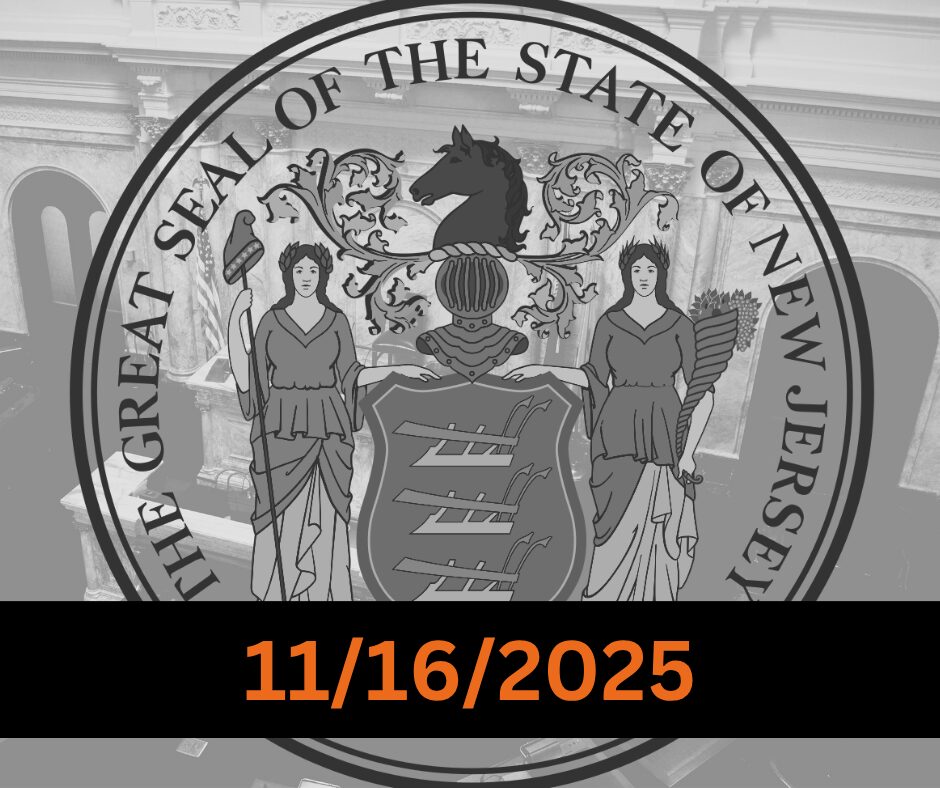
This Week’s NJ Legislative Preview – University Merger, PFAS Bans and Consumer Protections
S4881 – Merger of New Jersey City University With Kean University | Senate Higher Education CommitteeMonday, 11/17/2025 @ 11am NJCU’s...